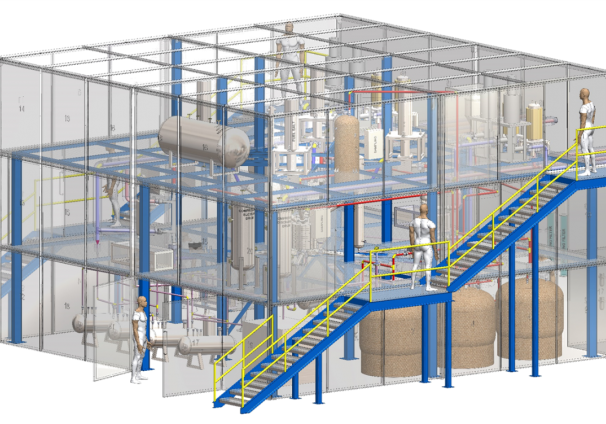DOE attracting more proliferation controversy

In a May 30, 2023 letter from former Nuclear Regulatory Commission (NRC) officials, including former Chairman Allison Macfarlane, several former U.S. State Department officials and U.S. nonproliferation organizations wrote an appeal to U.S. Secretary of Energy Jennifer Granholm requesting that the agency abandon its plan to pilot a 200 kilowatt Small Modular Reactor (SMR) test project. The plan is to construct a test reactor that uses highly enriched weapons grade uranium (93% 235U) at the national laboratory in Idaho. However, the proposed nuclear experiment, a cost share with Bill Gate’s private nuclear startup company TerraPower and the US commercial nuclear utility Southern Company, if initiated, would violate a decades-old international prohibition on the use of Highly Enriched Uranium (HEU) in research and power reactors that was originally led by the United States enacted to stop the spread of nuclear weapons.
The Department of Energy’s (DOE) proposed mini-fast non-light water reactor is a jointly funded “public-private” project with the Bill Gates’ nuclear startup company TerraPower LLC and the commercial nuclear utility Southern Company experiment to develop the Molten Chloride Reactor Experiment (MCRE) at the Idaho National Laboratory. The DOE and private nuclear industry claim that the data gathered during the six-month experimental operation is needed to design and license a larger commercial MCRE for domestic use and export.
While TerraPower promises it will never use weapons-grade HEU if it were to commercialize the molten chloride salt fast reactor, TerraPower is already under the scrutiny of the non-proliferation community for another DOE joint SMR project, the Natrium sodium-cooled fast reactor to generate commercial nuclear power in Klemmerer, Wyoming. The Natrium reactor is also intended for the domestic licensing and export. In an earlier letter to DOE dated November 29, 2021, the Nonproliferation Policy Education Center (NPEC) warned the Biden Administration’s Secretary of Energy Granholm that non-light water fast reactors are capable of being dual purpose to produce plutonium for nuclear weapons and use the waste heat to generate electricity. The NPEC identified that the export of the Natrium fast reactor “would make it much easier for those so inclined to manufacture nuclear weapons.”
Both of TerraPower’s Molten Chloride Fast Reactor and the Natrium Sodium Cooled Fast Reactor are designed to operate with high-assay, low-enriched uranium (HALEU) fuel, which is enriched to a maximum of 19.75% in 235U. The threshold for HEU and a proliferation concern is recognized at 20% 235U. Most commercial light water reactors, including all US power reactors, are fueled with uranium enriched to between 3% to 5%. HALEU fuel is presently only commercially available from Russia although a desperate effort is ramp up the US domestic supply of HALEU. At what cost remains a significant economic concern for aan already financially beleaguered nuclear industry.
In the case of the MCFR, the HEU would be blended into a molten salt solution that to both fuel and cool the reactor core. Unlike light-water reactors, which use water to “moderate” or slow down the emission of neutrons to increase fissioning, the MCRE would allow for unmoderated, or fast, neutrons. These high-energy neutrons enable the reactor to burn more of the uranium fuel along with some of the transuranic isotopes that end up in nuclear waste in current reactors.
Support Beyond Nuclear
Help to ensure a safer, greener and more just world for all

